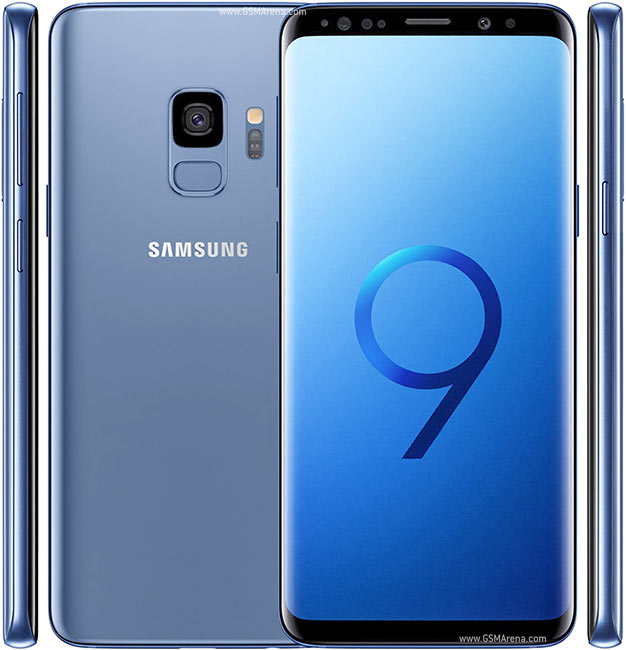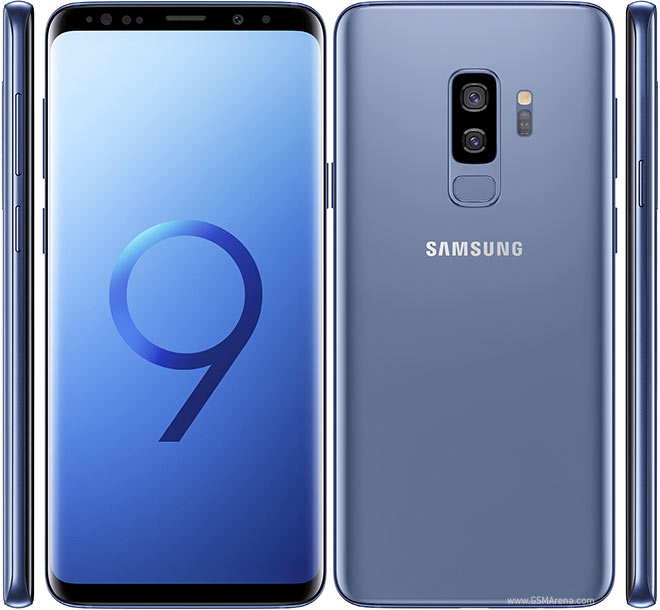
We've already heard from the rumour mill that the Samsung Galaxy S9 will arrive in Q1 2018 running on brand new silicon - it'll take all the initial production run of Qualcomm's Snapdragon 845 for the US market, and it'll use a brand new 8nm LPP or 7nm Samsung Exynos 9810 chips everywhere else.
There's some new info about that latter model, however, as according to reports it'll be following in the footsteps of Apple and Google by being equipped with its very own "Neural Engine" Co-Processor for AI functionality. Apple has the A11 chipset with the A11 Bionic neural engine, while Google's Pixel has the "Google Pixel Visual Core" tucked in the Pixel 2 series alongside the Snapdragon 835.
On Apple's iPhone X, the A11 Bionic neural engine helps off-load from the main processor for the TrueDepth 3D face scanning and recognition features - aka Face ID. Meanwhile, on the Pixel 2, the Visual Core helps in a similar way with HDR+ camera features. In both cases, the presence of these Neural Engines means the main processor is freed up to do everything else, and the result is faster, more efficient performance and less battery drain.
So Samsung is getting in on the act, having just dropped a ton of cash into Chinese AI firm DeePhi Tech; the company already produces bespoke AI processor architectures for Samsung, Amazon, and MediaTek.
As well as producing these architectures and compression technologies, DeePhi has quite a track record for "deep learning" AI algorithms. According to the Korea Herald, it's thought that Samsung's investment is aimed at a package involving the production of a partner AI co-processor to go with the Exynos 9810, as well as algorithms designed to facilitate its deep learning.
The Galaxy S9 has already been rumoured with 3D face scanning, so even if it is only to assist in this feature it would be a smart move from Samsung, but there's no reason a neural engine like this couldn't perform other functions as well, for example, HDR+ camera features and the Bixby AI platform.
It will be interesting to see if this creates any discrepancy between the Snapdragon 845-based Galaxy S9 handsets and their Exynos cousins, considering that Qualcomm has already released a software development kit for the Snapdragon Neural Engine; somehow we doubt DeePhi's creations can simply be dropped into an S845 at Samsung's behest.















